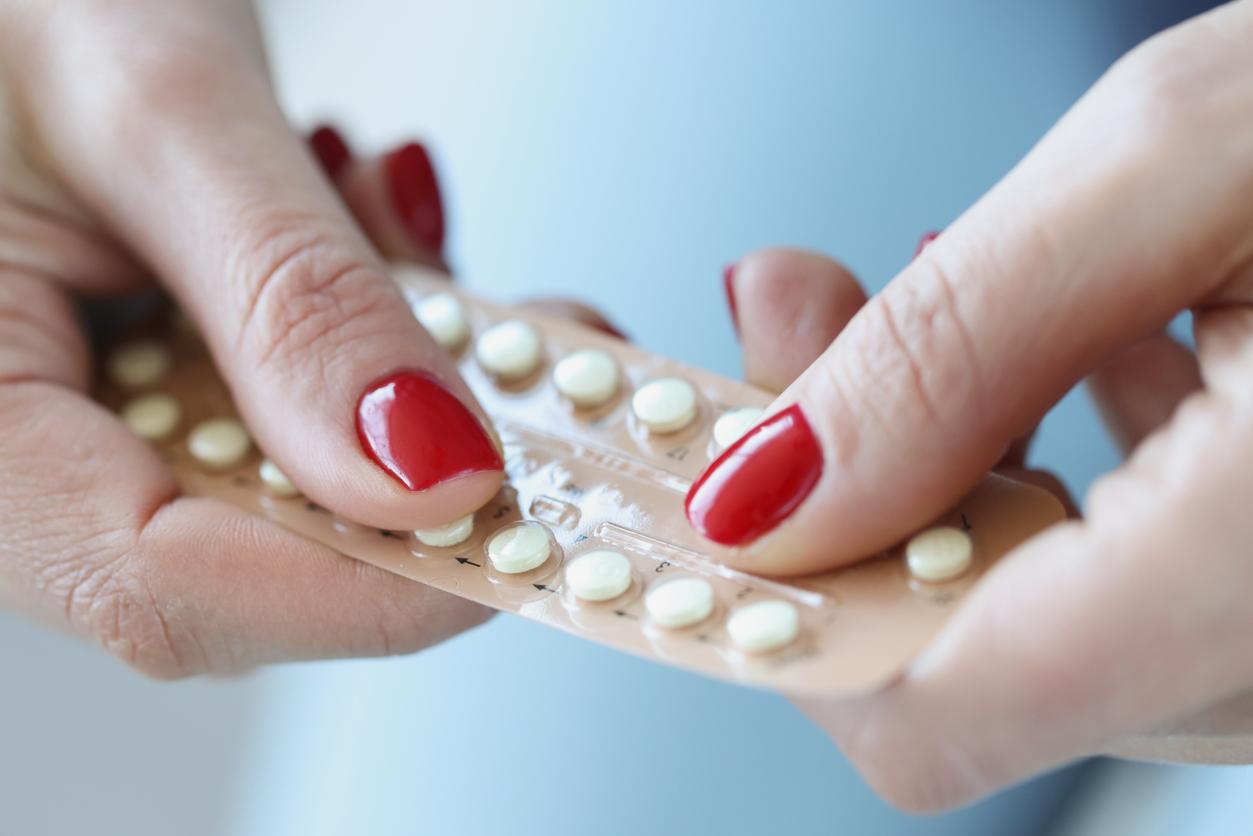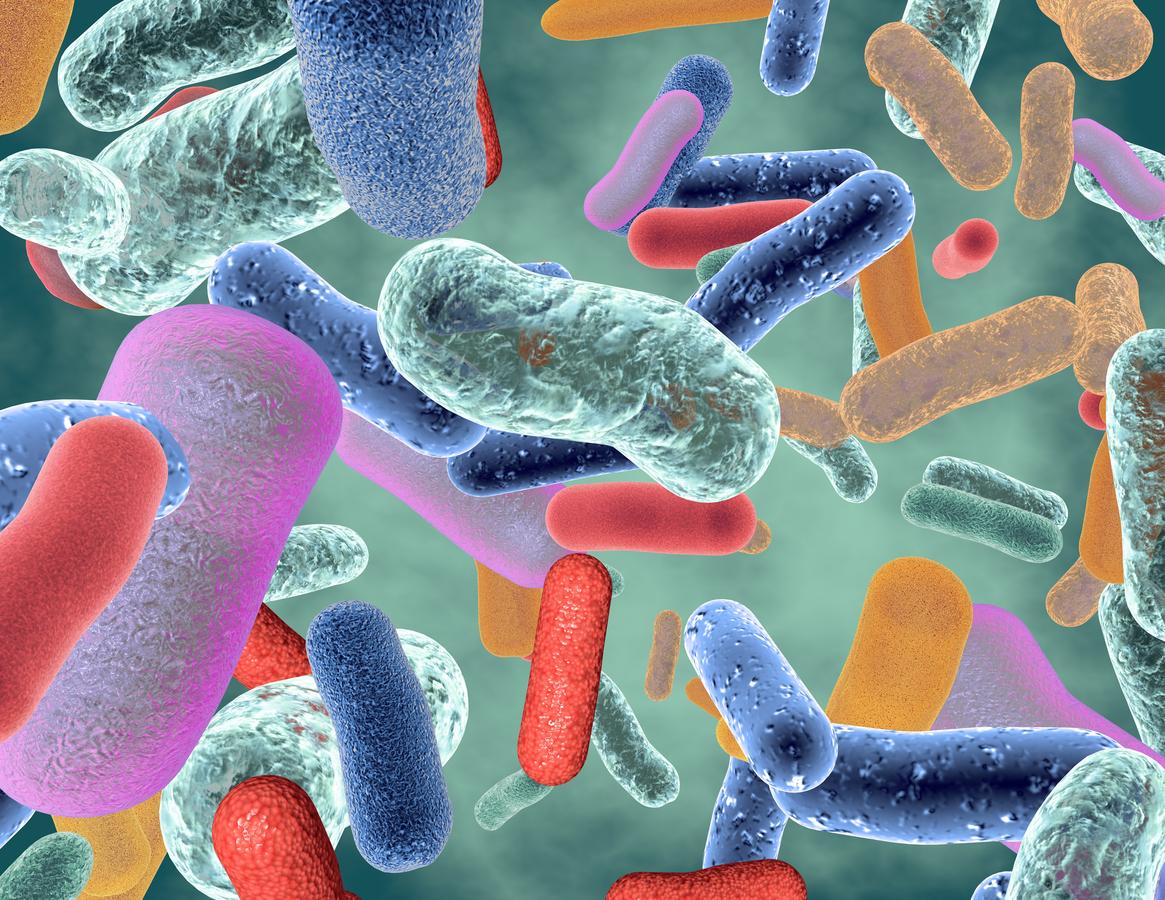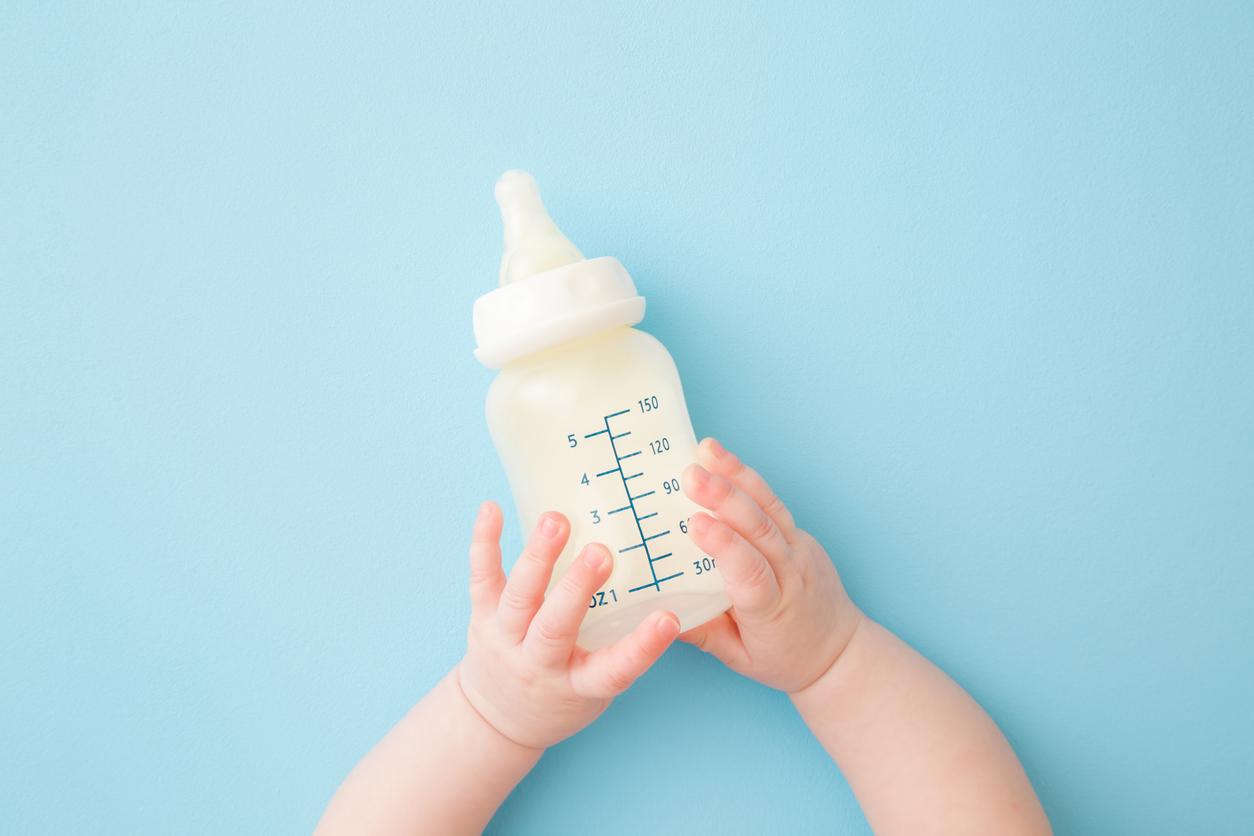In adolescents, changes in mood due to taking oral contraceptives could be linked to the microbiota.

- The intestinal microbiota is specific to each individual.
- In the microbiota of a healthy individual, there are approximately 160 species of bacteria according to Inserm.
36.5% of women take the contraceptive pill in France, which remains the most widely used method of contraception in France, according to the health barometer 2016 contraception of Public Health France. This oral contraceptive blocks ovulation, thins the inner lining of the uterus and changes the consistency of cervical mucus to prevent the passage of sperm.
Birth control pills can affect teen girls’ mood
This type of contraceptive is often prescribed to young girls as early as adolescence. Among them, some report adverse effects on their mood, including feelings of anxiety, depression or irritability. On the other hand, others see no change or, on the contrary, believe that this stamp improves their mood.
Researchers therefore wanted to understand why these side effects were different from one teenager to another and what this was due to. Their results were published in the journal Frontiers in Neuroendocrinology. The answer would partly come from the intestinal microbiota.
“Researchers believe that about 20% of users will experience negative consequences, but there is a lack of knowledge about why, explains Nafissa Ismail, full professor in the School of Psychology and director of the NISE (Neuroimmunology, Stress and Endocrinology) laboratory at the University of Ottawa. We know that not all women who take oral contraceptives will experience adverse effects on mood and cognition and that there are striking individual differences. What we really need to know is if it is safe to prescribe oral contraceptives or even other hormonal contraceptives to our young women”.
A change in mood due to age and microbiota
According to the researchers’ results, the age at which young girls start taking the oral contraceptive could have an impact on mood. The earlier they start, the more likely they are to have mood effects.
Another discovery: the microbiota would also have a link with these side effects of oral contraceptives on mood. The microbiota is a part of the intestine where a whole set of microorganisms live: bacteria, viruses, parasites and non-pathogenic fungi. It influences a large part of the body, such as the immune system, the brain, the cardiovascular system or the bone system… According to the Pasteur Institute, “a modification of the intestinal microbiota can be at the origin of a depressive state”.
“This work is very important because women’s health research has been neglected for decades and there are many specific women’s health issues that need to be addressed, develops Nafissa Ismail. We hope that by making information available, women will be able to make informed decisions”.
The team of scientists now intends to continue their research in order to better understand the impact of oral contraceptives on the development of the brain of adolescent girls who, at this time of life, are undergoing major changes.

















